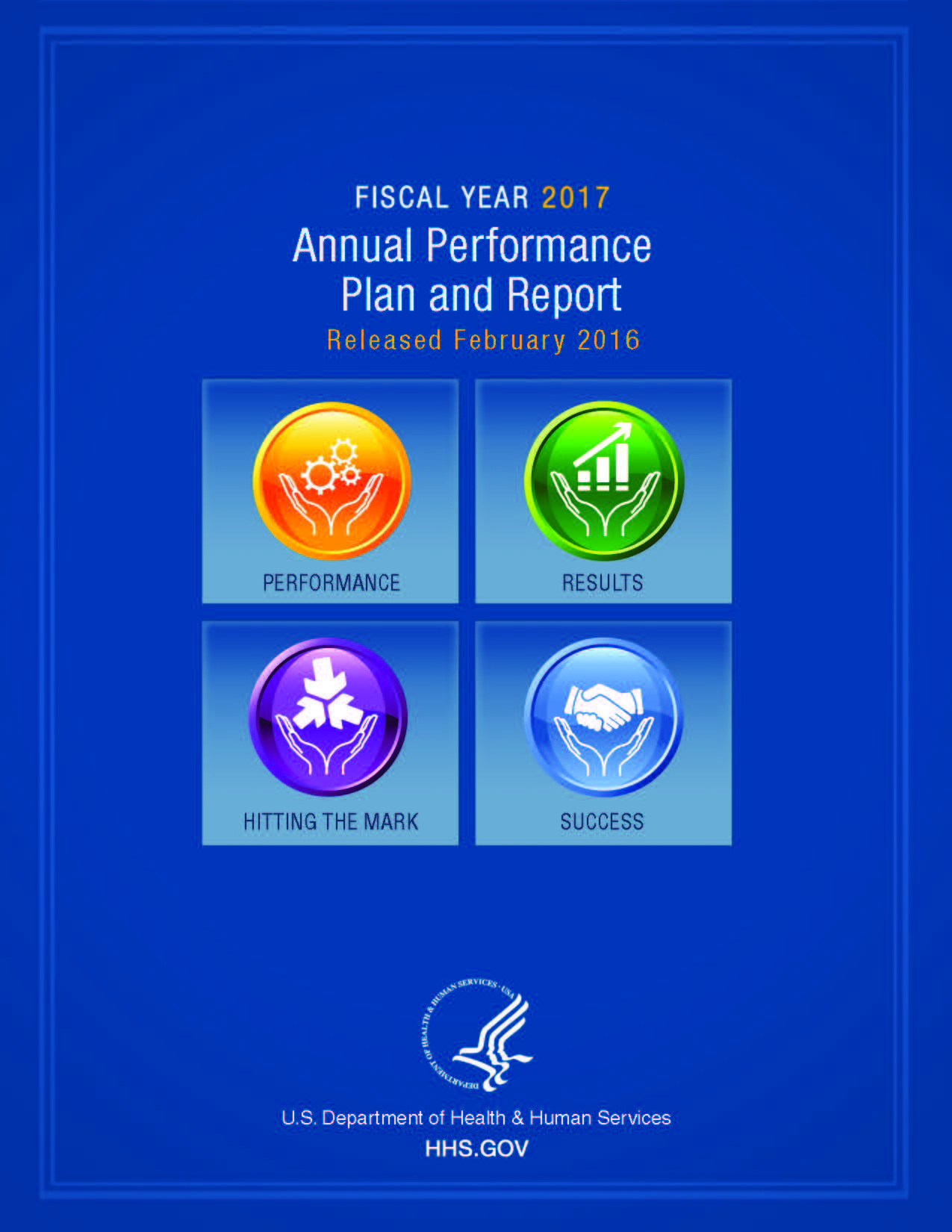- Home
- Agencies
- Department of Agriculture
- Department of Housing and Urban Development
- General Services Administration
- Department of Commerce
- Department of the Interior
- National Aeronautics and Space Administration
- Department of Defense
- Department of Justice
- National Science Foundation
- Department of Education
- Department of Labor
- Office of Personnel Management
- Department of Energy
- Department of State
- Small Business Administration
- Environmental Protection Agency
- Department of Transportation
- Social Security Administration
- Department of Health and Human Services
- Department of the Treasury
- U.S. Agency for International Development
- Department of Homeland Security
- Department of Veterans Affairs
- Goals
- Initiatives
- Programs
Primary tabs
Strategic Objective
Foster and apply innovative solutions to health, public health, and human services challenges
Strategic Objective
Overview
By promoting agency transparency, public participation, and public-private collaboration, HHS is creating an environment which can harness the energy and expertise of federal and nonfederal partners to find innovative solutions to health, public health, and human services challenges. HHS is taking action to inspire the development of products and services that can improve health and health care, increase the speed and predictability of medical product reviews, hold down health care costs, and expedite development of breakthrough therapies can better treat life-threatening diseases.
Read Less...Progress Update
Please note that this section summarizes the result of the FY 2014 HHS Strategic Review process, limiting the scope of content to that available prior to spring of 2015. Due to this constraint, the following may not be the most current information available.
Conclusion: Progressing
Analysis: HHS is utilizing open innovation strategies to enhance how it collaborates with other federal, state, local, and private sector partners to develop innovative responses to the range of health, public health, and human services challenges. For example mobile technology is being used to increase the reach of resources. In August, 2014 the “Know Bullying” app was released empowering parents, caregivers and educators with the tools they need to start the conversation with children about bullying. Know Bullying received a Bronze Award in the Mobile category from the Web Health Awards.
The Accelerating Medicines Partnership is a public-private partnership that is working to transform the current model for developing new diagnostics and treatments. A critical component of the partnership is that all partners have agreed to make the data and analyses publicly accessible to the broad biomedical community.
The Department continues to invest in longitudinal databases to create research-based knowledge about the outcomes experienced by people as they live with spinal cord injuries, traumatic brain injuries, or burn injuries. By working in cooperation with the American Spinal Injury Association interventions and outcomes measures that support recovery of functions are being developed.
In 2014 there were 31 jurisdictions operating child waiver demonstrations. These waivers provide states with an opportunity to use federal funds more flexibly in order to test innovative approaches to child welfare service delivery and financing. Priority consideration is provided to applications focusing on promoting social and emotional well-being and addressing trauma.
HHS is working to translate innovations into practical, scalable applications to improve outcomes, but that work is not without challenges including delays in reauthorization for several programs have limited opportunities for legislative changes to foster or allow innovation. While technological advances have produced a wealth of data on the biological causes of disease, translating these discoveries into treatments has been far more difficult. As smartphones become more ubiquitous and health related applications gain acceptance there will be challenges to compete for consumers’ attention.
In the coming year HHS will work with the Accelerating Medicines Partnership is supporting the development of a Type 2 Diabetes Knowledge Portal incorporating datasets including DNA sequences, functional genomic and clinical data from studies on type 2 diabetes and its heart and kidney complications. In addition, the Department will work to increase adoption of mobile apps in the behavioral health space.








